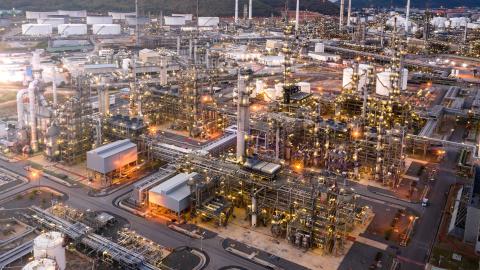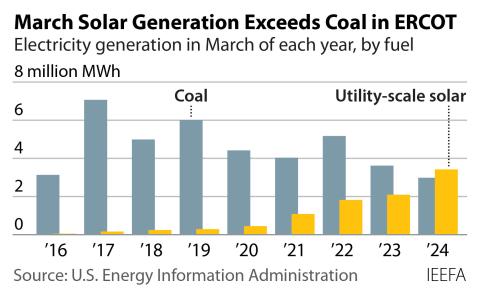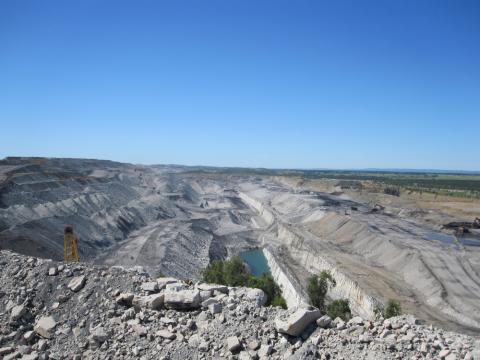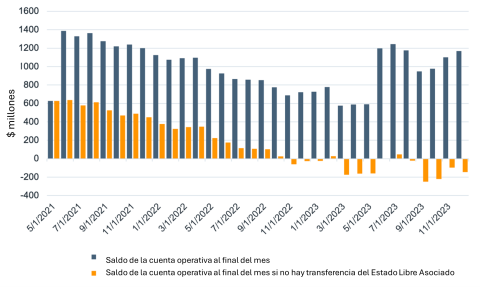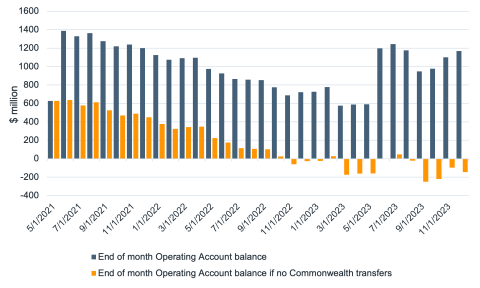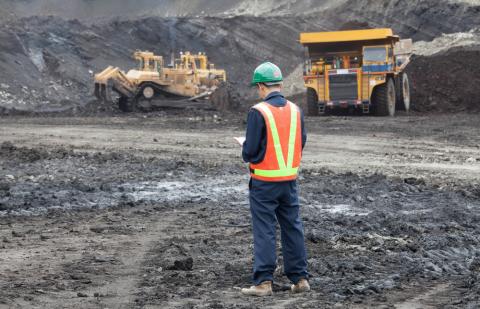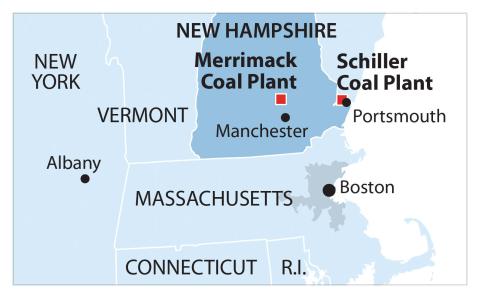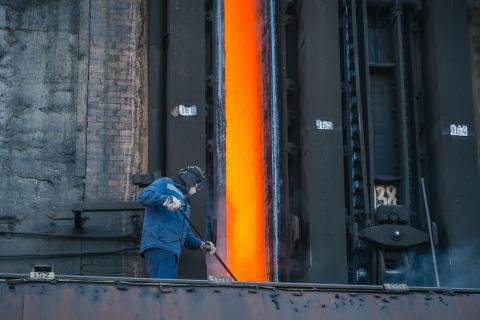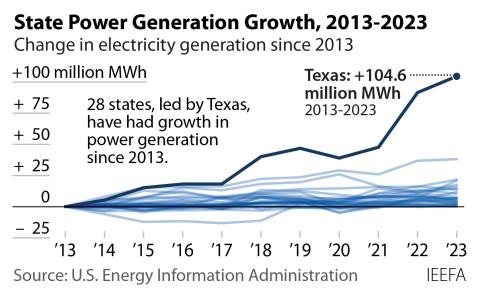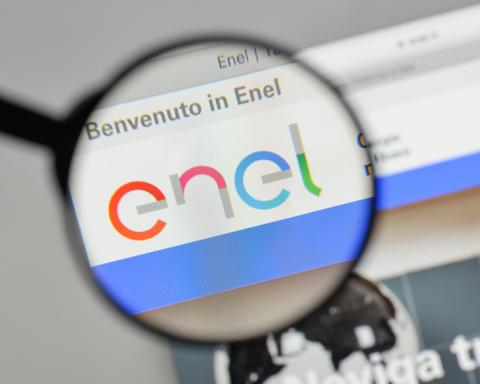New anti-pollution standards in the European Union that take effect in 2021 are highlighting how cheap coal power plants are no longer an opportunity for buyers to make a quick buck, or grow market share, putting pressure on selling utilities and their investors to close them instead.
The business models of two Czech-based firms, Sev.en Energy and EPH, were to-date particularly based around buying cheap coal power plants, taking a calculated risk that they could either avoid air pollution rules, or else reap capacity market payments or receive compensation to close the plants, making them bargain acquisitions.
TWO YEARS AGO, IEEFA EXAMINED THE PENDING CLEAN-AIR STANDARDS—which are collectively known as BREF and cover emissions of nitrogen oxides, sulphur oxides, mercury and dust—and identified 108 coal-fired units whose emissions our data indicated were more than 40% above the new standards, and therefore most vulnerable.
In our 2017 analysis, we said that the new standards could serve as a catalyst for owners to close their facilities and embrace the clean energy transition. But we also acknowledged that some operators would be tempted to double down on coal.
BREF is adding to the growing risks facing coal plant owners across Europe
Two years in, the results are mixed. But what is abundantly clear, is that BREF is adding to the growing risks confronting coal plant owners across the continent.
Investments by EPH and Sev.en Energy may have succeeded initially, because of the low prices they paid, but they are now facing significant BREF-related costs.
Last week, for example, the Czech Ministry of Environment rejected a BREF exemption application by Sev.en Energy for its Chvaletice power plant, one of the 108 most-threatened facilities we identified in 2017.
SEV.EN ENERGY BOUGHT THE 820-MEGAWATT (MW) CHVALETICE PLANT, the Czech Republic’s third-largest generation complex, from CEZ in 2013. Sev.en Energy has already committed to invest billions of Koruna (about $300 million) in BREF refits, and says it would need to invest more than an extra Koruna 1 billion to meet BREF fully.
Another Czech-based, privately owned firm, EPH, has adopted the same questionable business strategy. Three years ago, EPH acquired Vattenfall’s lignite (brown coal) assets with eyes wide open: Vattenfall stressed the risk of tightening regulation as a reason for selling. In November 2017, EPH brought a legal action – ultimately unsuccessful – against the European Commission seeking to annul BREF, revealing its strategy to by-pass such regulations, and to profit from buying cheap, unwanted assets.
PGE would have been better off without acquiring aging coal assets
In Poland, PGE is another buyer of old coal assets, two years ago acquiring EDF’s coal fleet in Poland. Four of the units that PGE acquired were on our threatened list, then still owned by EDF. PGE bought them anyway. PGE has since announced it will close 450 MW at a former EDF power plant, Rybnik, because of BREF. This a sensible move, but the utility would have been better off not to have bought the plant in the first place.
PGE IS ALSO FOLLOWING THE DOUBLE-DOWN COAL STRATEGY WITH ITS OWN PLANTS, particularly at Bełchatów, Europe’s biggest coal plant. The company is using the country’s capacity market to fund BREF retrofits, thus raising energy costs for consumers. It is a high-risk, costly strategy. PGE states that Bełchatów this year will lose about 2 terawatt hours (TWh) of generation as a result of BREF retrofits – revealing a significant cost, in addition to the capital cost of the new anti-pollution equipment. And the company says it will review its coal fleet in 2025, when coal capacity payments end, under EU rules, indicating some stranded-asset risk.
In Spain, the utility Endesa is an example of such risk. Endesa had already invested in BREF retrofits at two power plants, Litoral and As Pontes, before belatedly having second thoughts. Both power plants were on IEEFA’s 2017 threatened list. In a subsequent report, we advised against investing to extend the life of these two power plants, noting plentiful opportunities in renewable energy in Spain, national generating over-capacity, and strategic differences with Endesa’s owner, Enel. Our main finding was: “The Endesa investment is likely to end up stranded.”
Some of Endesa’s €177 million investments in coal upgrades will have been wasted
In May this year, Endesa confirmed that the company had so far invested €77 million in BREF upgrades at AS Pontes, of a planned €220m upgrade. Endesa also said it had already completed all or most of €100 million retrofits at Litoral. In September, however, Endesa announced it would close both power plants early. Depending on when exactly these closures take place, some of this recent €177 million will have been wasted.
BY CONTRAST, GREECE HAS ANNOUNCED A LIGNITE PHASEOUT: the state-owned utility, PPC, had nine units on our 2017 list, all of which are now due to close.
When we published our first report, the carbon price in Europe was less than €5 per tonne of carbon dioxide emissions. Today, it is more than €24. In addition to these higher carbon costs, EPH and Sev.en Energy are now facing significant BREF-related capital costs. The firms have also shown themselves to be socially irresponsible owners, at least with respect to resisting new BREF emissions standards; these rules protect local people from dangerous pollutants.
Going forward, utilities turning away from coal need to plan to close their generation plants, not try to make a quick exit by selling them to private buyers. PPC has blazed a responsible path; other European companies need to follow their example.
Gerard Wynn is an IEEFA energy finance consultant.
Related Posts:
IEEFA Europe: Poland’s PGE would do well to accelerate plans to diversify away from coal
IEEFA Europe: As risks mount, Poland’s PGE struggles to break from its fossil fuel past
Endesa May Never Recover €400 million Cost of Upgrading Spanish Coal Plant
How European Utilities Can Capitalize on New Emission Limits to Drive Decarbonisation

